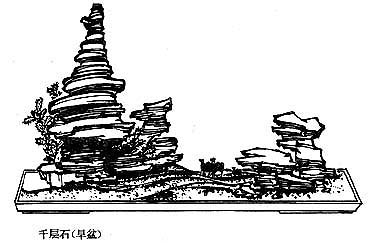論
語
Lun Yu 
 – The Analects of Confucius
– The Analects of Confucius
The Master discusses with his disciples and unveil his preoccupations with society. Tr. Legge (en), Lau (en) and Couvreur (fr).
Lunyu XI. 8. (275)
How Confucius would not sell his carriage to buy a shell for Yen Yüan.
When Yen Yüan died, Yen Lû begged the carriage of the Master to sell and get an outer shell for his son's coffin.
The Master said, "Every one calls his son his son, whether he has talents or has not talents. There was Lî; when he died, he had a coffin but no outer shell. I would not walk on foot to get a shell for him, because, having followed in the rear of the great officers, it was not proper that I should walk on foot."
Legge XI.7.
Yen Yuan died, Yen Lu asked the Master to give him his carriage to pay for an outer coffin for his son. The Master said, 'Everyone speaks up for his own son whether he is talented or not. When Li died, he had a coffin but no outer coffin, I did not go on foot in order to provide him with an outer coffin, because it would not have been proper for me to go on foot, seeing that I took my place the Counsellors.'
Lau [11:8]
À la mort de Ien Iuen, Ien Lou1 demanda le char de Confucius, pour en faire un cercueil extérieur. Le Maître répondit : « Aux yeux d'un père, un fils est toujours un fils, qu'il ait du talent ou non. Quand mon fils Li est mort, il a eu un cercueil, mais pas de cercueil extérieur [pour contenir et protéger le premier]. Je ne suis pas allé à pied, pour lui en procurer un. Comme je viens immédiatement après les grands préfets, il ne convient pas que j'aille à pied. » Li, nommé aussi Pe iu, était le fils de Confucius. Il mourut avant son père. Confucius dit que Li, bien qu'inférieur à Ien Iuen en talents, était cependant son fils, comme Ien Iuen était le fils de Ien Lou. À cette époque, Confucius n'exerçait plus aucune charge ; mais il avait encore rang parmi les grands préfets. Par modestie, il dit qu'il vient après eux. (Tchou Hsi)
Couvreur XI.7.

The Analects of Confucius – Lun Yu XI. 8. (275) – Chinese on/off – Français/English
Alias the Lunyu, the Lun Yü, the Analects, les Entretiens du maître avec ses disciples.
The Book of Odes, The Analects, Great Learning, Doctrine of the Mean, Three-characters book, The Book of Changes, The Way and its Power, 300 Tang Poems, The Art of War, Thirty-Six Strategies
Welcome, help, notes, introduction, table.
Index – Contact – Top























